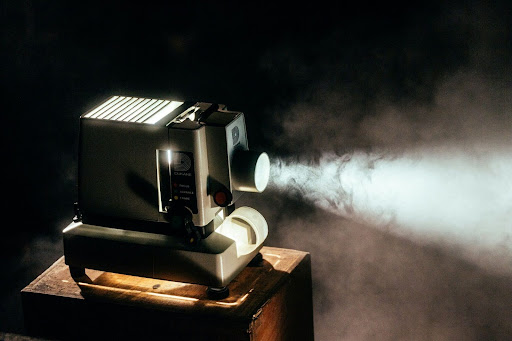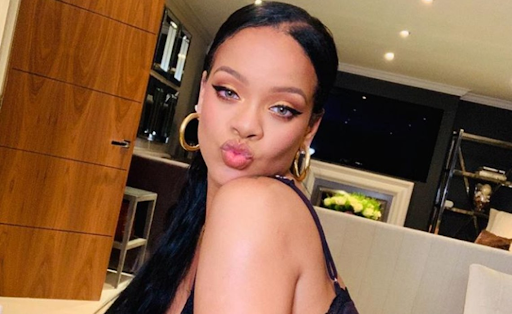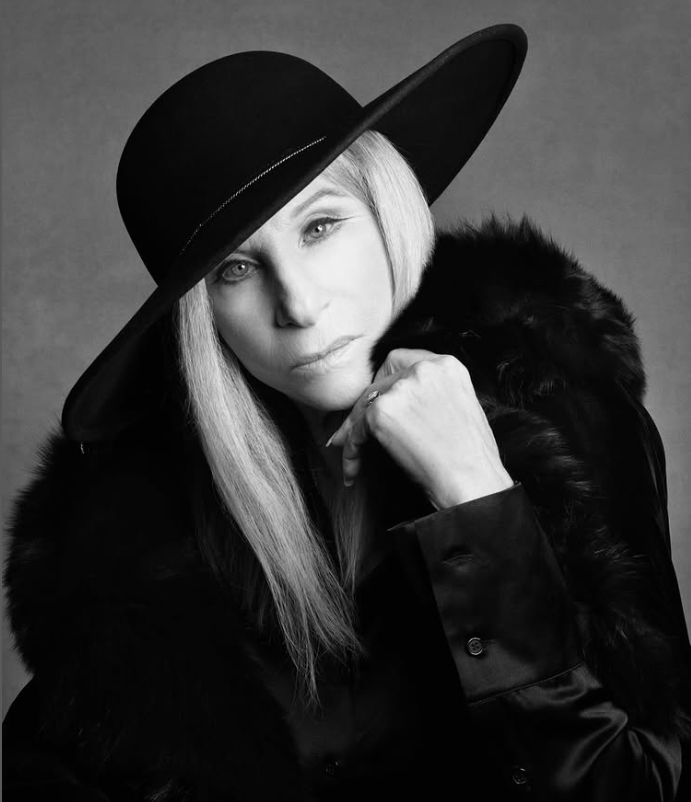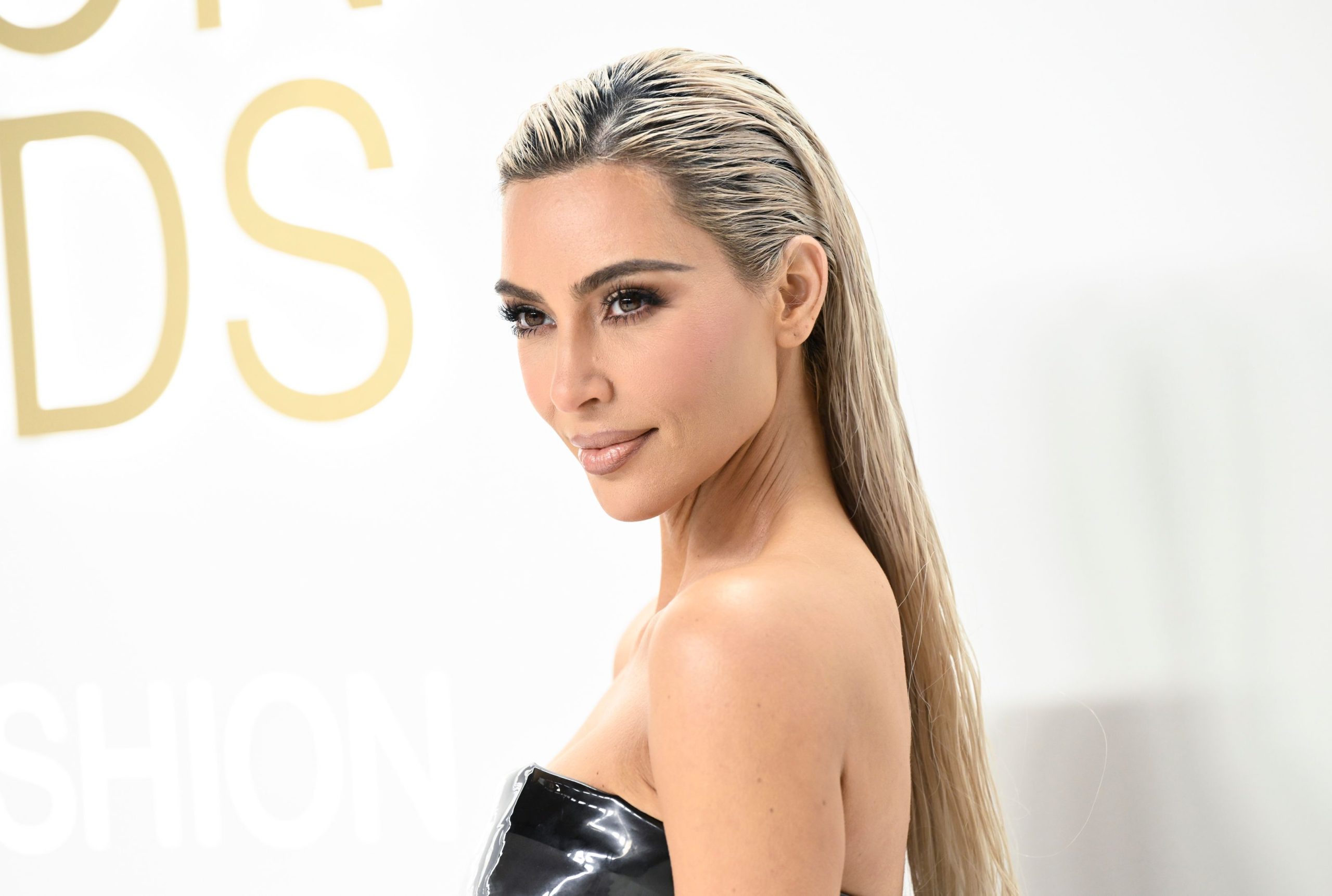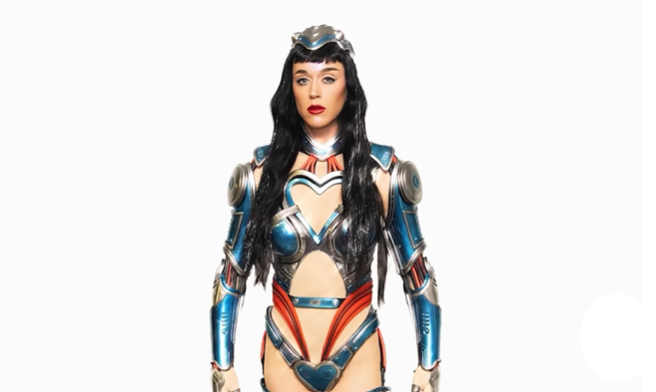
Chadwick Boseman and MBJ in Black Panther
via Marvel / Disney Plus
It’s hard to believe that three years and one day ago, we lived in a world without the Black Panther movie.
The Marvel franchise is not lacking content. After years of movies about white, male superheroes and the success of the Avengers franchise, the Marvel Universe decided to take an unprecedented “risk” on a movie about the lesser-known Black Panther — a movie that would have a predominantly Black cast.
Big-budget movie studios usually shy away from putting their money behind films with majority Black casts. The myth that “Black films don’t travel” is the common refrain, which is even used to justify instances wherein Black actors are removed from movie posters, or put in the background — such as John Boyega in the Star Wars poster or the Italian posters of 12 Years a Slave focusing on Brad Pitt and Michael Fassbender over Chiwetel Ejiofor.
But the discrimination is domestic, too. Producers fear that movies with Black casts will only draw Black audiences and be shut out from the mainstream, and so they’re hesitant to throw money behind them. Marvel’s success had been based on formulaic iterations of recognizable heroes with predictable stories, but, after years of trying, the growing push for diversity finally led to a Black Panther film.
And the effect was unprecedented.
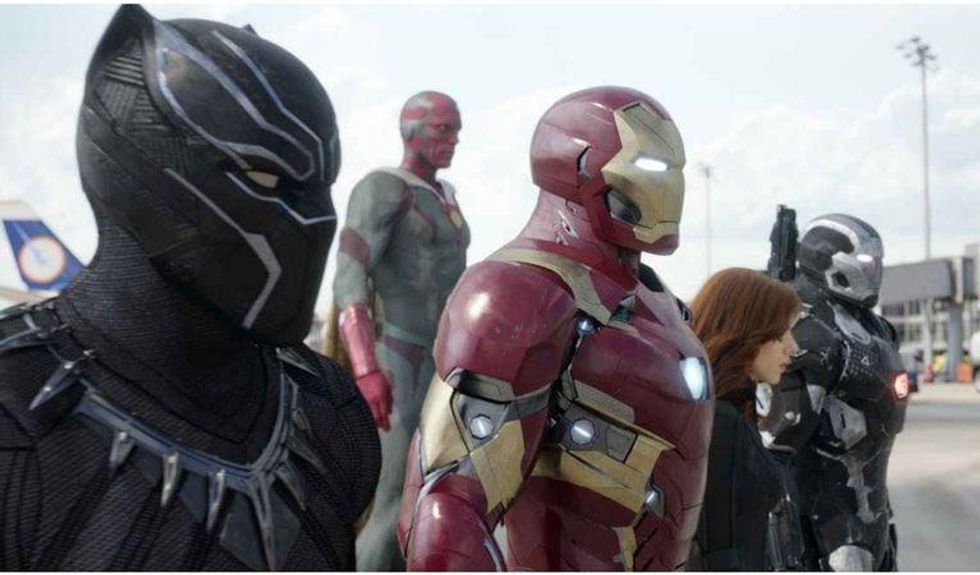
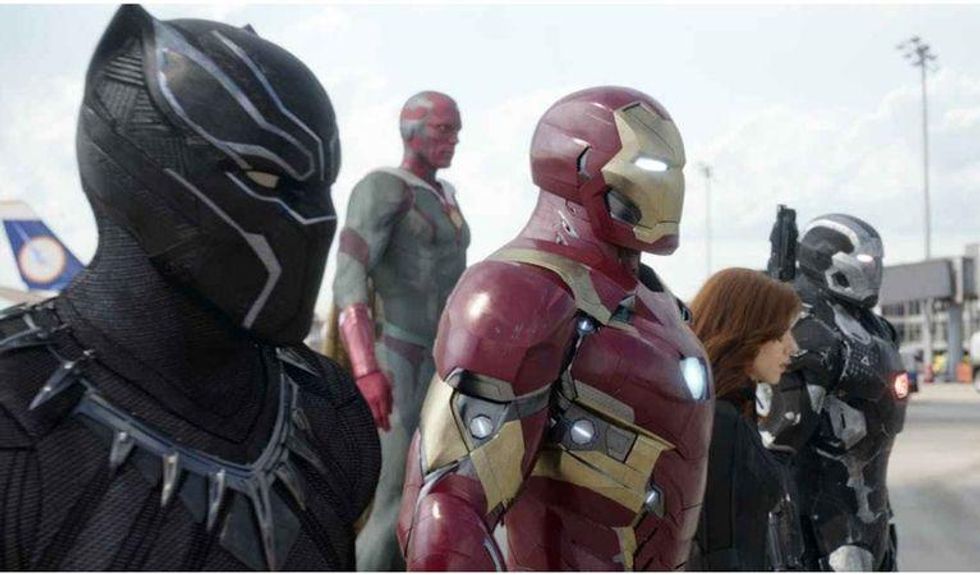
Part of Marvel’s genius is embedding each character so deeply into the Avengers franchise and storyline that even the more niche backstory spin-offs like Doctor Strange and Captain Marvel are necessary viewing to understand the contiguous storyline that culminated in Avengers: Endgame.
However, Black Panther as a hero had always been on the periphery. The character was a vague outline, familiar only to fans of the comics but relegated to the background. The death of King T’Chaka was collateral damage in Captain America: Civil War, but the incident is the jumping off point for Black Panther, in which T’Challa, played by Chadwick Boseman, has to officially become king.
When Black Panther was released, however, T’Challa, his superhero alter ego, and the world inside the land of Wakanda immediately became gems of the Marvel Cinematic Universe. The film was well-written, the characters complex and well-developed, and Wakanda (which is getting its own series by Ryan Coogler himself!) was a seductive feast of cultural influences and afro-futurist possibility.
The film was met with rave critical reviews and three Oscars that made Chadwick Boseman, who was already notable for his roles as Jackie Robinson in 42 and James Brown in Get On Up, a household name. Most overwhelming was the fan response to the film, which broke box office records to become the ninth-highest-grossing film of all time, the third-highest-grossing film in the U.S. and Canada, and the second-highest-grossing film of 2018.
Marvel’s gamble proved the power of the Black audience. The overwhelming box office support was largely a product of Black fans eager to see a film at that scale boast so much Black representation. The film mixed established, recognizable actors like Michael B. Jordan and Lupita Nyong’o with rising talents like Leticia Wright and Daniel Kaluuya. And more than anything, it showed a myriad of complex characters with nuanced opinions and different perspectives — all while being a basely satisfying, action-packed superhero film.
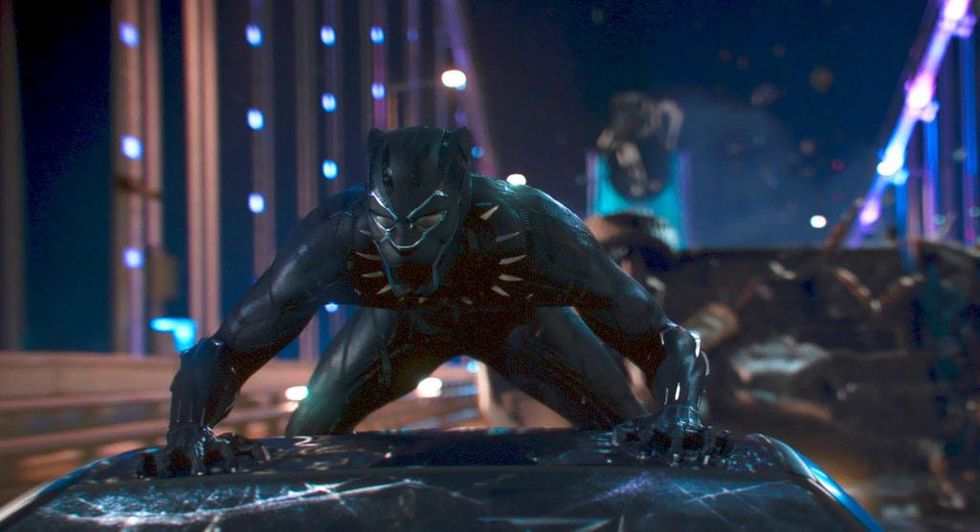
Directed by Ryan Coogler of Fruitvale Station and Creed fame, the film surpassed all expectations, not just in terms of viewership, but also in terms of meaning and depth. The film packed complex themes of family loss, generational trauma, colonialism, and the ethics of war into a blockbuster superhero film seamlessly.
The conflict between Boseman and Jordan’s characters — two estranged cousins, one raised in the US and the other raised in Wakanda — gave nuance to the project of international involvement in a way that implicated not just the Marvel Cinematic Universe, but sparked conversation about our world.
The film gave voice to what Black people already know but Hollywood has historically had a hard time figuring out: Blackness is not something that can be defined. Instead, it is a multitude of voices with multiple opinions and viewpoints and struggles that are both unique and universal.
With so many diverse characters, Black Panther was a mainstream hit not just because it was a Marvel film — that would give the studio too much credit.
Black Panther was so successful because there was something for everyone. Everyone could relate to some piece or some person, and it was littered with cultural and Marvel specific touchstones to let the audience in on its jokes, keeping it from feeling insular and exclusive.
The success of Black Panther gave its actors the freedom to pursue even more roles and expand the success of Black cinema. Daniel Kaluuya, who was already known for his starring role in the indie film (now mainstream cult classic) Get Out and in the pilot episode of Black Mirror, has since become a household name, starring most recently as Fred Hampton in Judas and the Black Messiah. Winston Duke and Lupita Nyong’o both also subsequently starred in the Jordan Peele thriller Us the year after Black Panther.
Chadwick Boseman rose to superstardom and was showered with well-earned awards, including a SAG Award and NAACP Image Award for Black Panther and later more critical acclaim for projects such as Da 5 Bloods and Ma Rainey’s Black Bottom. Above all, he became a role model and symbol of hope within the Black community — both as T’Challa and as himself.
When he died of cancer late last year, Black Panther cast mates and other prominent friends and Black celebrities paid their respects and gave tributes to his memory on social media. Most of them talked about his legacy as a hero.
Lena Waithe said: “This man made sure our heroes would live on forever. Heroes like: Jackie Robinson, Thurgood Marshall, and James Brown. You loved us.” This summary of his impact gets to the heart of Boseman’s impact: From Black Panther to any other project, he carried with him a love for and a dedication to Black culture.
It’s impossible to imagine the character, the movie, or the legacy of Black Panther without Chadwick Boseman. The new vanguard will continue to honor him, and all further iterations of Black Panther will be only echoes of the original. How can anything ever match up?
So much of the euphoric excitement of the Black Panther premiere was how new it felt, how historic and exciting and bold. With every new, mainstream movie telling Black stories, we look at Black Panther as an inimitable moment in Black History — one that encapsulates boundless Black joy and fills us with hope and possibility without sacrificing depth and dedication.
- Grieving Chadwick Boseman and Imagining Black Futures – Popdust ›
- Ryan Coogler Developing Series about Wakanda for Disney+ … ›
- Chadwick Boseman Dies of Cancer At 43: Twitter Reacts – Popdust ›
- ‘Black Panther’ Sinks Its Claws Into Political Discussions – Popdust ›

